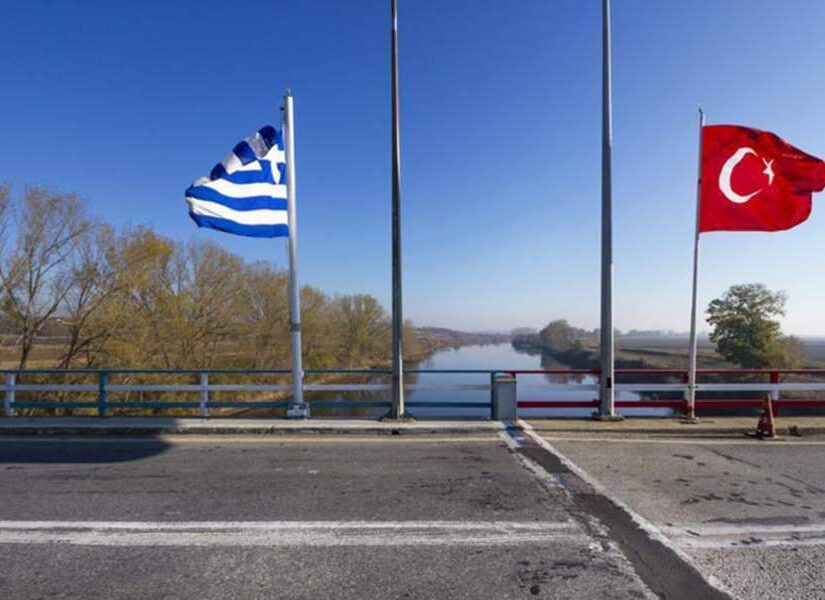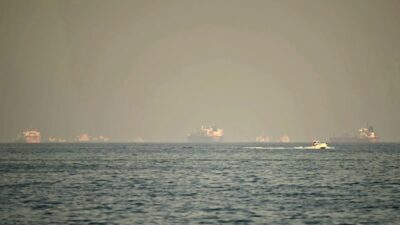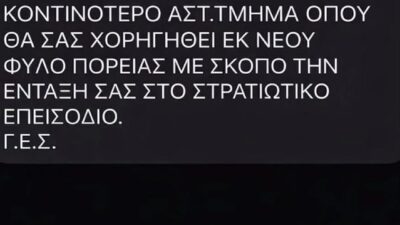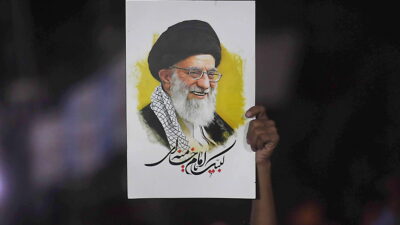Stavros Lygeros: How close is a war between Greece and Turkey?
26/08/2020
The crisis between Greece and Turkey that has been going on since 1974 has had a lot of tensions, crises, hot incidents, while at times things came close to war. However, what we are experiencing on the Greek-Turkish front, at this time, si something qualitatively different.
I dare say that Greece and Turkey have never been so close to an actual war. In the past, Turkey was different, and there were international factors that could limit, if not avert, a conflict. Today, the international milieu is very different. The Greek-Turkish conflict, contrary to what many in Athens believe, does not have to do with whether there will be a division, in some manner, or other, of the EEZ.
Erdogan’s Turkey is, consistently and systematically, unfolding a neo-Ottoman strategy, which is not confined to just usurping Greece’s EEZ. Essentially, it is seeking to wear down, through political and military pressure, and eventually to make Greece submit to becoming a peculiar form of protectorate. And if you find this word a bit too heavy, we may say it seeking to turn Greece into a satellite state.
This is the problem facing the Greek political system, and it would be for the best if it recognizes it as such. This is because the arguments that look on it only as a difference over sea zones are nothing more than another way of burying our heads in the sand.
The point where things are now, Greece does not have many options. One option is for Greece to submit and hand over some of its sovereign rights, maybe even some islets, and of course to become a satellite, essentially annulling, in part, the revolution of 1821. The other strategic option is for it to resist. Resistance does not mean just saying “NO”.
What we have been seeing, during the last few days, the Oruc Reis conducting research some distance south of Kastellorizo, within the potential Greek EEZ, are nothing more that the first act. If this faut accompli comes to pass, without resistance, it is a given (as happened in the EEZ of Cyprus) that we will see the Oruc Reis outside the territorial waters of Kastellorizo, then Rhodes, Karpathos, and Crete. If this also becomes accepted, we will see the Oruc Reis being replaced by one of the Turkish drilling ships. In other words the Turkey – Libya MoU was signed so that it would be enforced.
What is left for Greece is to look for the way it will resist successfully. However, Erdogan is seeking a victory, and seems resolute to walk the path of war. Is he resolute, or is he bluffing? There can be no predicative answer. However, although if in the past we could have said that thechances of him bluffing were much greater, my understanding today is that he may actually act on his threats. That is, he may in fact enter the path to war. Will Greece follow down this path, or will it be dragged to nagotiate on all issues?
The only way to avoid such a development is to move along the lines of forming a Mediterranean alliance that will have an indirect, but obvious, anti-Turkish orientation. The conditions exist. It doesn’t mean, however, that the task will be easy, or succesful. The effort, though, must be made. It’s worth the effort.
There are countries that do not want to see the eastern Mediterranean become a “Turkish Lake”, including France, Egypt, Israel, Greece (obviously), and even countries that are farther away such as the UAE and Saudi Arabia. Therefore, if we want to check Turkish aggression, we must build a wall that will void Turkey in practice, before the guns have their say.





